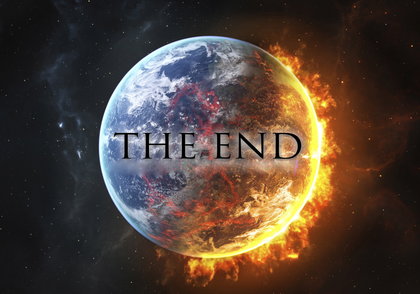Though some headlines on rising mortgage rates have bared apocalyptic overtones, the housing market has some room to spare on rate increases.
Mortgage have ticked up in recent weeks, and already, the doomsday headlines (many of them broadcasting the fact that rates are now at their “highest level in years”!) have come out in droves, all insinuating that homebuying is becoming more expensive though.
Though it is certainly true that higher mortgage do make home purchases more expensive, in no way do the recent increases in mortgage rates – from 3.4 to 3.9 percent, according to Freddie Mac – at all jeopardize housing’s current trajectory, a fact that Trulia’s Chief Economist, the excellent Jed Kolko, recently explained.
Lots of Breathing Room for Mortgage Rates
The key to understanding mortgage rates, Kolko explained, is understanding two concepts: one, that mortgage rates are still historically low; and two, home prices fell quite far in the post-bubble marketplace, while rents began increasing at their fastest rate in years. Thus, although rates have been increasing (and although they will continue to increase, as housing recovers further), there is considerable wiggle room until owning becomes more expensive than renting.
How much wiggle room? Try 6.6 percent! That’s right – on a national basis, mortgage rates could increase by 6.6 percentage points to 10.5 percent, and owning would still be cheaper than renting, should the homebuyer stay in the home for seven years, put 20 percent down on their mortgage and itemize their taxes.
The Financial Benefits of Homeownership in Chicago
And the situation is even more promising here in Chicago, where, according to data that Trulia provided Chicago Agent, mortgage rates would have to increase to 13.0 percent for renting to become more affordable than homeownership.
Of course, more expensive markets have less wiggle room, but even there, the situation is not necessarily dire. Even in San Jose, San Francisco and New York City, rates will still have to rise to 5.2, 5.4 and 6.8 percent before buying loses its financial prestige. And in some of the more affordable housing markets, such as Kansas City, Memphis and Detroit, rates can rise all the way to 16.9, 21.0 and 35.8 percent before renting becomes a better deal.
“For people who haven’t yet refinanced – and for people looking to buy – rising rates do make housing more expensive,” Kolko said. “Rates are now on the rise and are likely to keep rising, thanks to the strengthening economy and the Fed eventually trying less hard to keep rates low. But it will take big rate increases to turn off prospective homebuyers. At today’s prices and rents, rates would have to rise to levels we haven’t seen in 20 years before renting is cheaper than buying a home on average across the country.”
